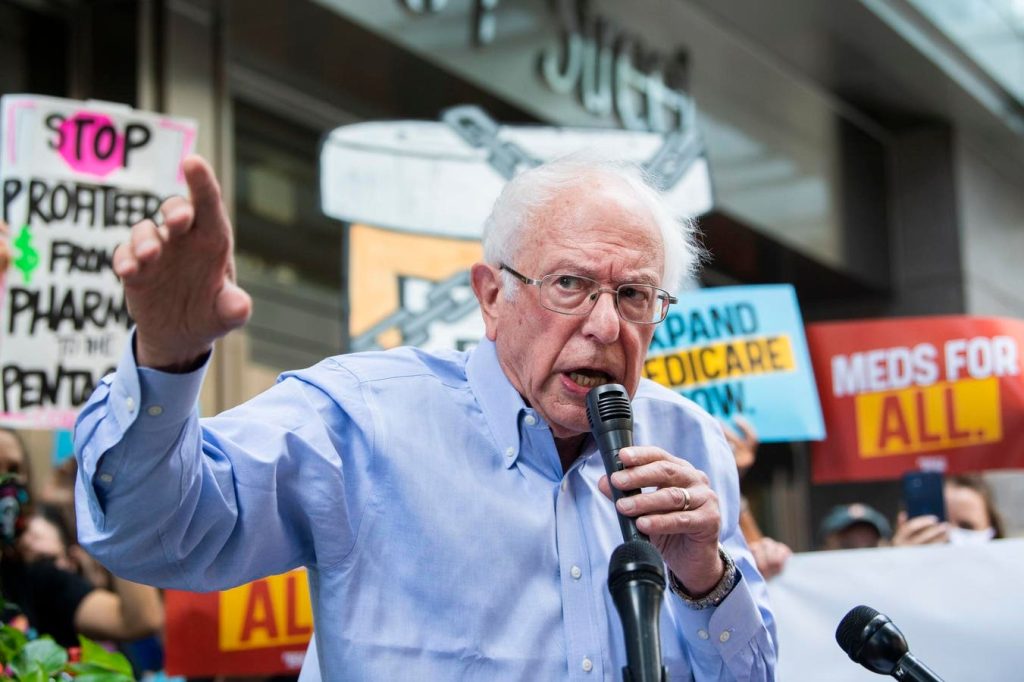The United States has been facing a crisis in healthcare due to soaring drug prices, leaving millions of Americans unable to afford necessary medications and treatments. According to a report published by Senator Chuck Grassley, 58 million Americans have experienced medication insecurity in the last 12 months, highlighting the severity of the issue. Senator Bernie Sanders even speculated that millions may be dying as a result of the inability to pay for medications, underscoring the urgent need for reform in drug pricing.
Comparing drug prices in America to other wealthy countries, it becomes evident that Americans are significantly overpaying for medications. Research from the RAND Corporation shows that drug prices in the U.S. are nearly double those in Britain and France, even after accounting for discounts. For example, insulin, a crucial medication for diabetics, costs on average $99 per vial in the U.S., which is almost five times more expensive than in Chile, where the same vial is priced at about $21. These discrepancies raise concerns about affordability and accessibility to vital medications for Americans.
The pricing of medications like the oral pill that cures Hepatitis C further exemplifies the exorbitant costs faced by Americans. While the list price for a monthly supply exceeds $13,000 in the U.S., it is less than $200 in countries like Ethiopia. The stark contrast in prices raises questions about the fairness and equity in drug pricing, highlighting the need for a comprehensive solution to address the issue.
The reasons for astronomically high drug prices in America are complex and multifaceted. The lack of government regulation on pharmaceutical costs allows drug companies to set their own prices based on market demand, leading to inflated prices. Additionally, patents provide temporary monopolies to drug companies, preventing competitors from entering the market with lower-priced alternatives. These factors contribute to the high costs of medications in the U.S. compared to other countries.
While high drug prices may be justified to drive research and innovation, Senator Sanders points out the greed in the pharmaceutical industry. In a recent hearing, he highlighted how pharmaceutical companies prioritize stock buybacks and dividends over research spending, raising concerns about their priorities. The balance between driving innovation and ensuring affordability for patients remains a key challenge that policymakers and stakeholders must address.
President Biden’s recent interventions to reduce the cost of prescription drugs offer some hope for Americans struggling with high drug prices. Initiatives such as capping the price of insulin for seniors and allowing Medicare to negotiate drug prices with manufacturers are steps in the right direction. However, more needs to be done to address the underlying issues of high drug costs and ensure access to affordable medications for all Americans. As the debate continues, the ultimate goal is to create a healthcare system that is equitable, accessible, and affordable for everyone, regardless of their income or background.


